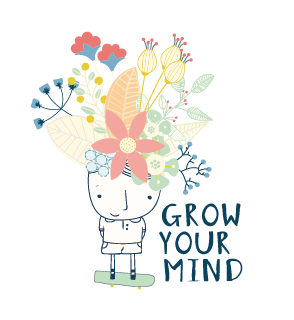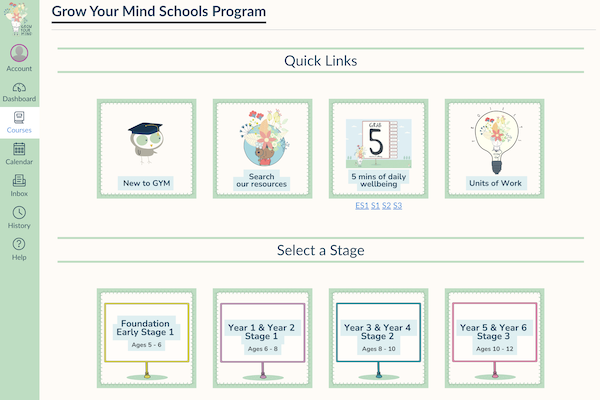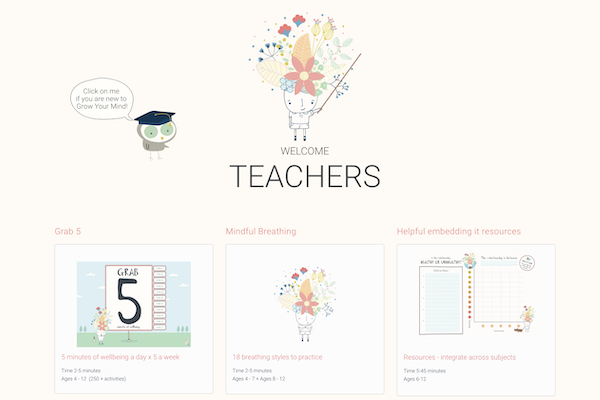by Alice Peel August 20, 2018
What on earth does a dog, an elephant, a sooty bird, an owl and an octopus have to do with teaching children about their mental health?
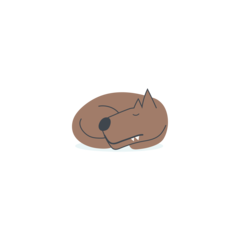
Well first up, before we answer this mysterious, seemingly ridiculous question, let us begin with a few enlightening statistics. According to Beyond Blue, half of all serious mental health issues begin before a child reaches 14 years of age. Depression is now the leading cause of disability worldwide. Since the pandemic hit, Kids Helpline reported mental health & wellbeing counselling experienced an overall increase of 24% nationally and they have also reported an increase in 62% in the demand of their WebChat counselling.
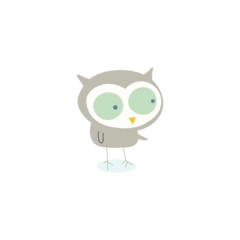
So we can all agree mental health across the country for young and old is vital to nurture and protect. Note the term mental health. Not ill health. Mental health. You see, we believe at Grow Your Mind that we ALL have mental health and therefore we can ALL learn to look after it. There are some key ways we can start to do this.
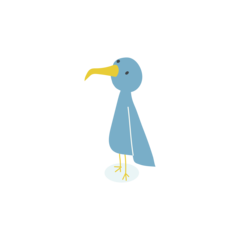
You may be familiar with the field of positive psychology (the scientific study of human flourishing + character strengths). Perhaps you have heard about the work by Dr Barbara Fredrickson, showing that small moments of joy can inoculate against the hard times. Or with studies by Dr Robert A. Emmons that have spotlighted how adopting a gratitude practice can build levels of optimism and feelings of connection. And then there is mindfulness. I can feel an eye roll which I shall ignore. The fact is it DOES have researched benefits. Including building skills in emotional regulation, compassion and increasing a positive outlook on life. Perhaps the gold in mindfulness lies in the simplicity of not missing the main event, which is now.
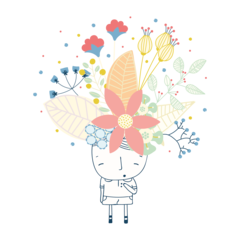
So, at Grow Your Mind we would argue that in amongst the gloomy, albeit terrifying poor mental health statistics, there is reason for hope. And hope, it turns out, according to one of the founders of positive psychology, Martin Seligman, is quite a powerful antidote to poor mental health too. Guess what else is an antipode to the black dog? Curiosity and finding life interesting. This last idea was put forward by the remarkable Helen Garner. Disclaimer, it is a personal opinion, but quite a lovely one to share with you all.
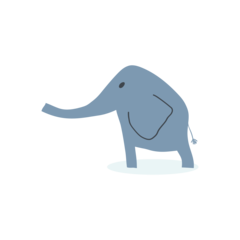
Now back to the slightly strange question at the start of this blog. Something around dogs and octopuses and teaching mental health education? Perhaps to answer this we need to pretend we are four years old again. We are at pre-school. In walks a teacher. She is carrying a bag, we sit in a circle. She begins.
“I have a bag. There are some things in here that I want you to tell me about. Mainly, why I have them? What they do for me? Ready?”
She pulls out an apple. Our hands shoot up. Our eyes and eye brows are as wide and as high as we can physically make them. Because after all, the higher your eye brows are the greater your chance of being selected to answer a teacher’s question. “It is an apple you have it in case you get hungry” “Yes,” she smiles, “but why don’t I have chocolate instead? Or chips?” Hands shoot up again. This continues with items such as a water bottle, sunscreen and a toothbrush.
“Ok, so I have a few things to protect my body in my bag. What about my mind? What do you think I have that might make my brain stronger and keep it feeling good?” Not so many hands this time… One answer. “A bike helmet”
And so, the Grow Your Mind journey begins. The next statement we would hear, if we were 4, would be that the first step to protecting and strengthening your mind is to understand how it works. This is where those animals come into play. You see each one represents a different part of the brain. All is going well when your Guard Dog (the amygdala) is nice and small, however there are many times when the Guard Dog barks SUPER loudly and the other animals can’t talk to each other. This means it is nearly impossible to focus (Sifting Sooty – reticular activating system) to imagine how someone else might be feeling (Sensitive Octopus – insular cortex) to make a good decision (Wise Owl – prefrontal cortex) and to remember things (Elephant who tries to remember – hippocampus).
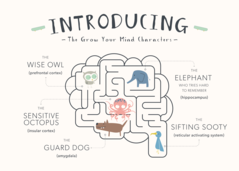
Now perhaps you are thinking, sounds great for my 4-year-old but aren’t all of these animals a bit young for my 10-year-old? We disagree. As would the adult psychiatric unit in Brisbane that just ordered our resources, plus the year 6 students we teach weekly who laugh at their own Guard Dogs (and that of their parents). At the end of one year 4 class a year ago, we asked students to make a wish for the planet. “No more wars.” “I wish people would get rid of plastic”, all delightful responses for sure, but our favourite by far “That Donald Trump could do the Grow Your Mind lessons. Imagine how much more peaceful the world would be?” Since creating the animals we have also produced a children’s mental health podcast. We saw season 1 being listened to in 75 countries. Each episode features 11 year old kids talk about a specific topic that helps them to feel resilient. The animals play a part in each of these episodes, they are on walkie talkies deciphering the message of a story or at other times they are having conversation with ‘the kid’ about ways to view a problem or issue.
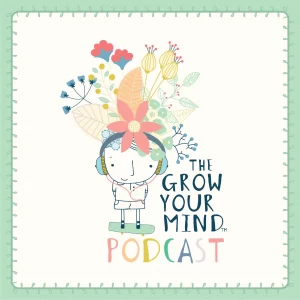
The animals are a hook for students. They give purpose to the positive mental health strategies that we teach students. Why practice gratitude Mr 8 year old? Because you will wake up your Wise Owl. And what about Miss 10, why think about someone else’s point of view during an argument? Because our Sensitive Octopus loves it! Everyone loves a story and animals, let’s face it, rock.
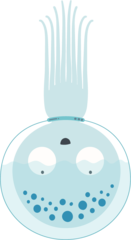
Teachers have listened to our lessons + podcast and have requested we run workshops just for them. So now we run staff wellbeing courses. This is perhaps the delicious ingredient in mental health education that we are trying to capture with our animals. When you learn about the science behind resilience and flourishing, it has a contagious effect. There is a great relief when we tell school staff and their students to try and STOP focusing on being happy and instead feel all the feelings, just learn their name. Try getting a D.O.S.E of wellbeing every day (dopamine, oxytocin, serotonin and endorphins). Experiment with being in nature regularly. The list goes on. They are ageless suggestions.
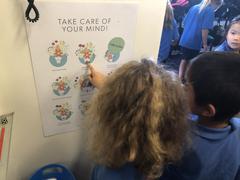
Still unsure about what mental health education means? Think having the same knowledge of taking care of your mental health in much the same way you know how to look after your teeth. You may not do the brushing, but you DO KNOW exactly how to protect and nurture that beautiful set of teeth of yours.
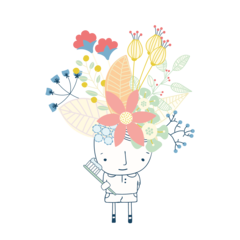
Our vision is to provide a wide range of positive mental health invitations. We want kids and adults to find the thing that floats their boat when it comes to feeling resilient. Perhaps it is moving your body, or connecting with people who make you feel safe OR it might be learning new things.
We want young and old to sharpen those wellbeing tools today and every day so that they can call on them in the tougher moments of life that we all get to experience as humans. In her stunning book, Phosphorescence, Dr Julia Baird talks about re-emitting the lessons we have been learning in our lighter days for whatever the ‘dark days’ may bring.
We believe, hand on heart, that the animals make those lessons more relatable. We also believe that our menagerie enable children to see that they ALL have ordinary magic at their finger tips that will help them to thrive. What more could we as parents and teachers really want for the smaller humans in our life?
N.B. This blog has been updated since its original posting. We needed to introduce our new animal character, the Sensitive Octopus! And COVID called on re-addressing the central messaging in Grow Your Mind.
